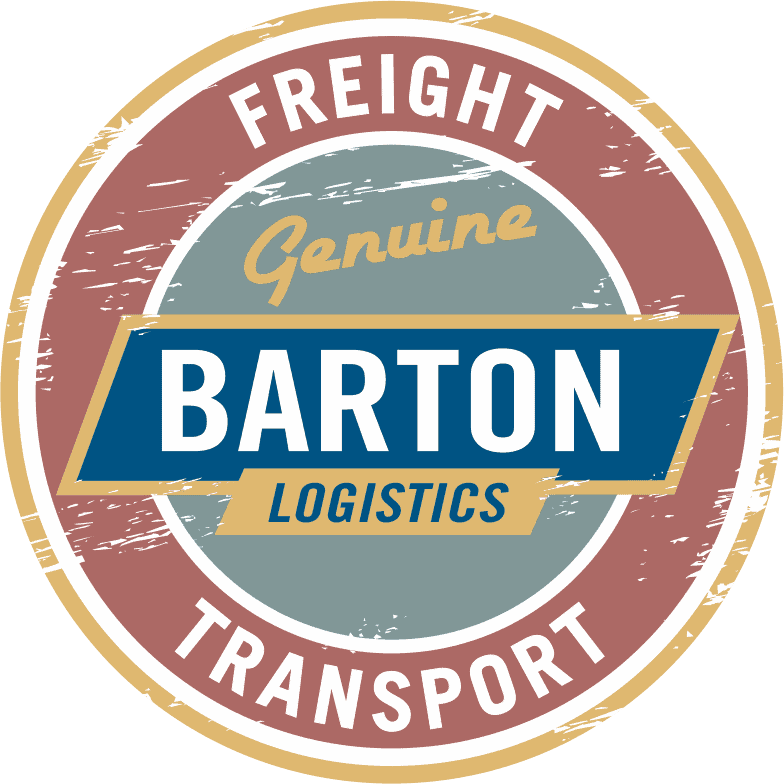When a customer candidate says “We only use asset-based providers” they are reinforcing a long-held belief that brokers do not have trucks at their beckon call. Ten years ago before load boards and smartphones, there was some truth to the notion that “companies that owned the truck” made a transportation buyers life “easier.” I subscribed to that idea until Emerson sold its private fleet back in 2008. Having direct influence over 100 power units and 400 trailers was a handy thing. The day it went away, I sourced nearly 100% of the lanes to an asset light provider called Barton Logistics, and realized an improvement in service and on-time performance.
The world has changed in eight short years. Carriers and brokers alike know it makes more sense to share resources than it does to own them. After the Great Recession, asset-based carriers who survived realized that owning an idle truck is a bad idea. We collectively realized that having a driver own the truck spreads the fixed cost burden and motivates that driver to work every week because they have to make the monthly payment. Compare asset-based trucking companies then and now and you will find that four in ten shipments are being handled by an independent owner-operator who happens to pull a branded trailer. JB Hunt, Schneider, Swift, Landstar, Werner, Marten, USA Truck, TransForce, and Barton Logistics all have company dry vans that owner operators handle as if it were their own.
We make use of captive, dedicated, and contract tractors. Some of us own the captive resources. Some of us partner with the captive resources while others contract them. As each year passes, the number of owned trucks shrinks and the number of partner/contract trucks grow. So why is this happening if it’s really easier to exercise direct control over the company tractors and drivers? The truth is it is exceedingly hard to manage any driver who doesn’t own the truck he/she uses. They have NO skin in the game. A driver who has a note to pay on his/her tractor is a more consistent performer than a driver who gets paid by the hour. If that were not the case, “asset” providers would not be reducing the number of company tractors and drivers in favor of owner operators.
Technology has morphed such that we exercise greater situational awareness using owner-operators when compared with our asset-based brethren as little as five short years ago. So much so that our asset-based industry competitors are using smart phone technology (pioneered by brokers and 3PLs) to track trucks to replace enterprise asset management software, because it cost next to nothing and yields just as good of a result. When you judge your truckload service providers by their on-time to delivery and the consistency of tracking updates, you’ll find that the logo on the door of the tractor doesn’t matter as much these days as it did five to ten years ago.


